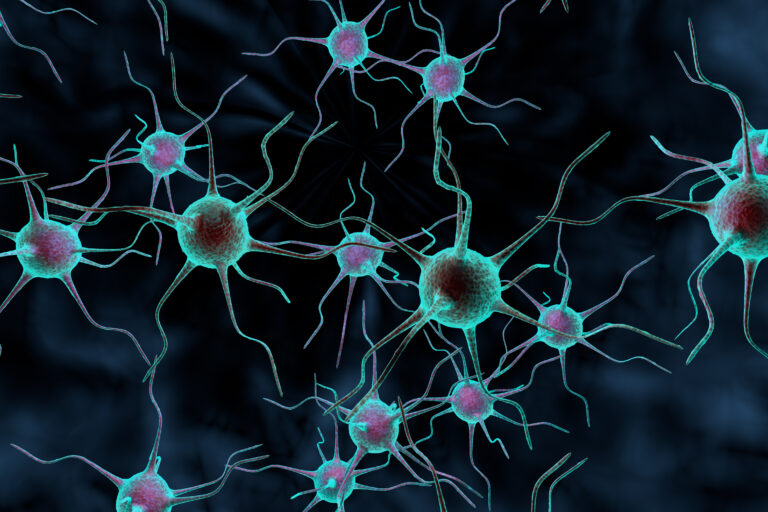As people reach their 40s, many notice that aging seems to speed up. This isn’t just a feeling—scientific studies show that the body undergoes significant changes around this time, causing an acceleration in the aging process.
One key reason for this acceleration is that our bodies experience rapid molecular and biological shifts in the mid-40s. These changes affect various systems, including cardiovascular health and immune function. Instead of aging gradually year by year, certain molecules and even the microbes living inside us change sharply during this period. This means your body might suddenly feel older or less resilient than it did in your 30s.
Hormonal changes also play a big role. For example, estrogen levels start to decline in women during their 40s as they approach menopause. Estrogen helps protect cells from damage and supports skin elasticity and bone strength. When estrogen drops, it can speed up biological aging by making tissues more vulnerable to wear and tear.
Beyond hormones, lifestyle factors often contribute too. By your 40s, years of stress, poor sleep habits, unhealthy diet choices, smoking or excessive sun exposure can accumulate damage at a cellular level—leading to faster visible signs of aging like wrinkles or slower healing.
Additionally, neurological diseases such as Parkinson’s or Alzheimer’s tend to have turning points around age 40 where risk factors increase alongside these molecular shifts.
In short: your 40s mark a natural phase where internal biological clocks tick faster due to complex molecular transformations combined with hormonal shifts and lifestyle impacts—all combining to accelerate how quickly you age physically and biologically compared with earlier decades.





